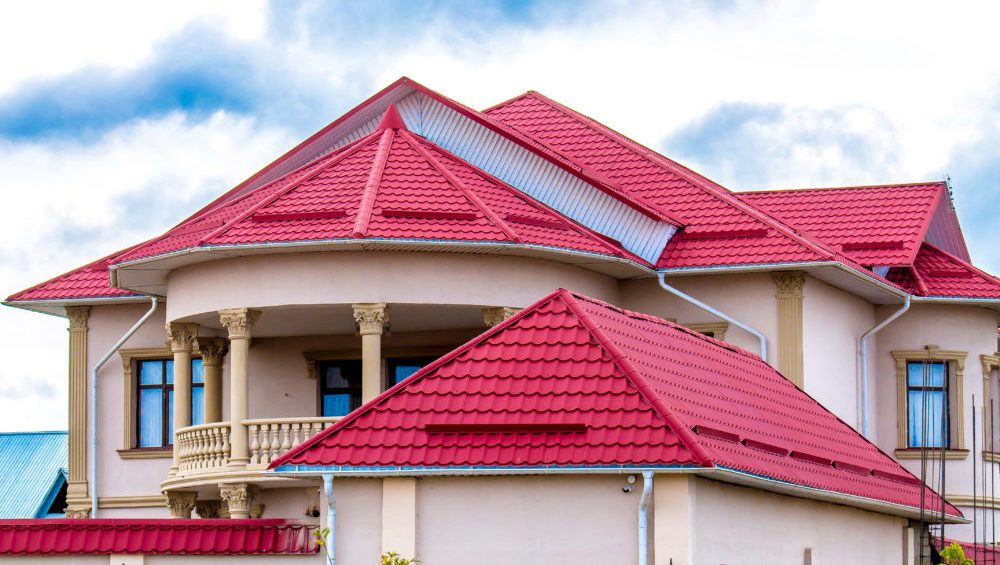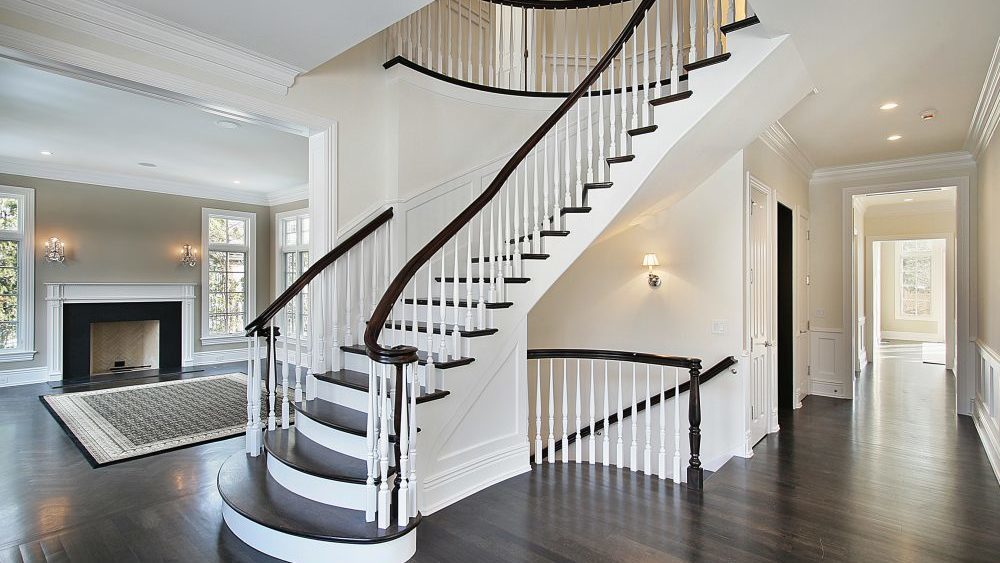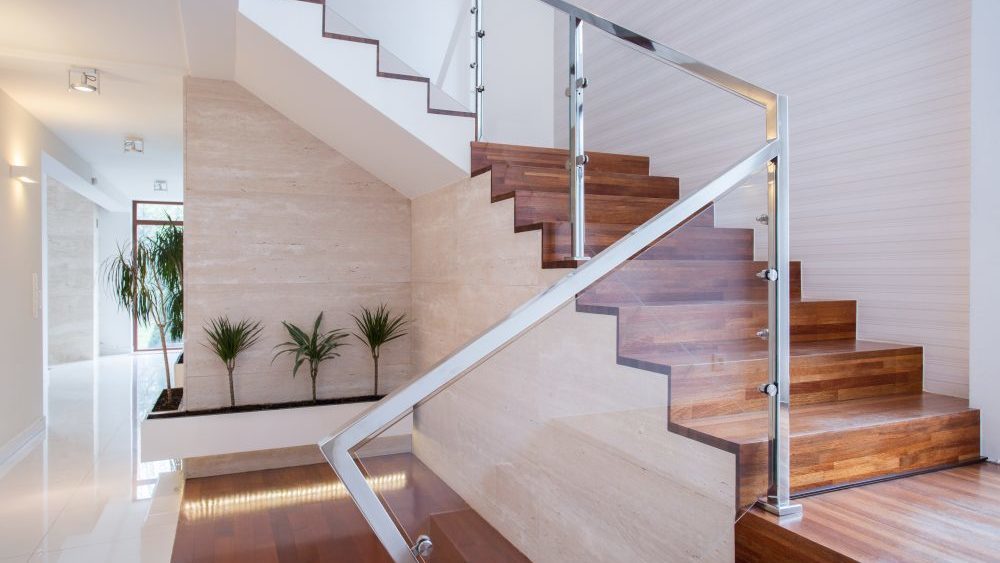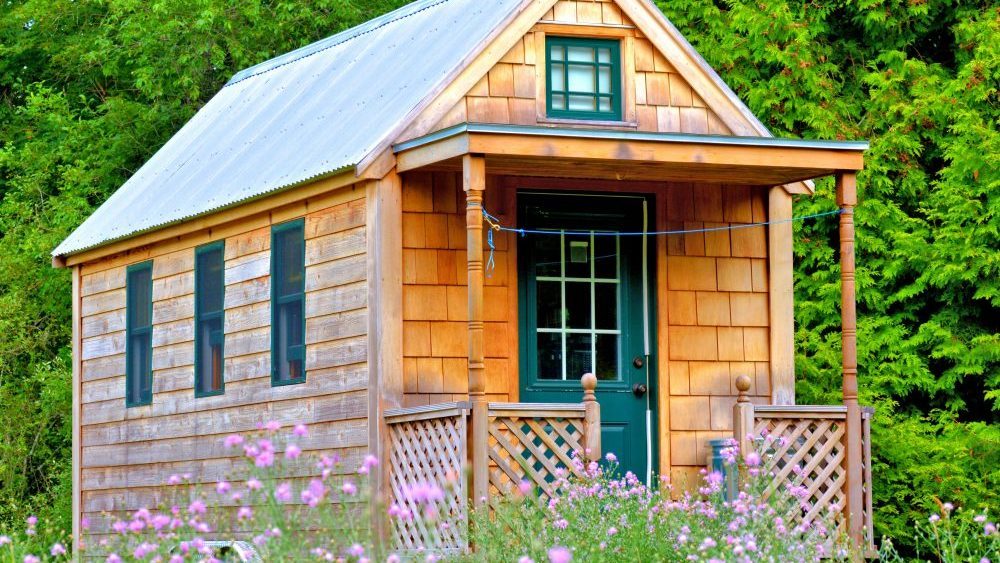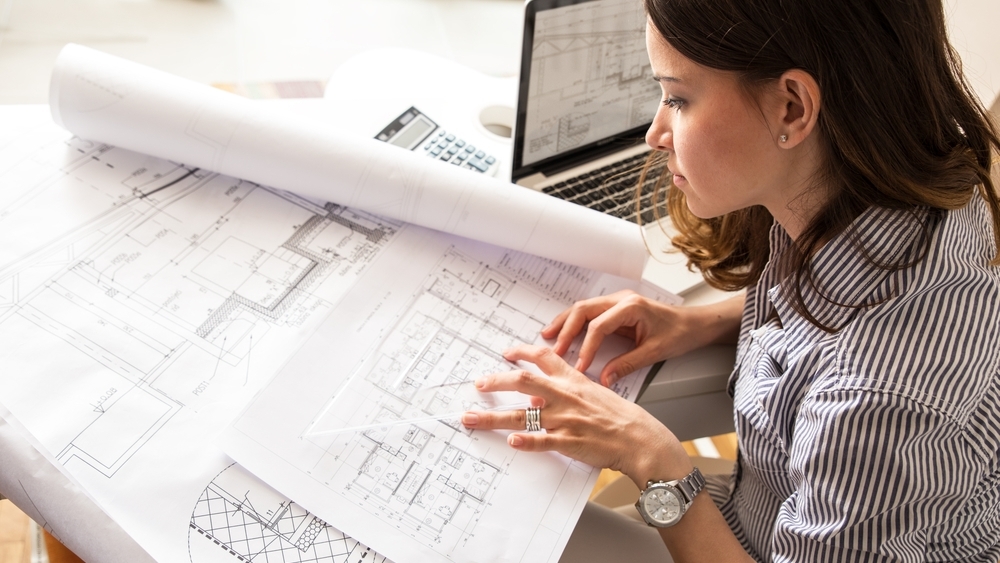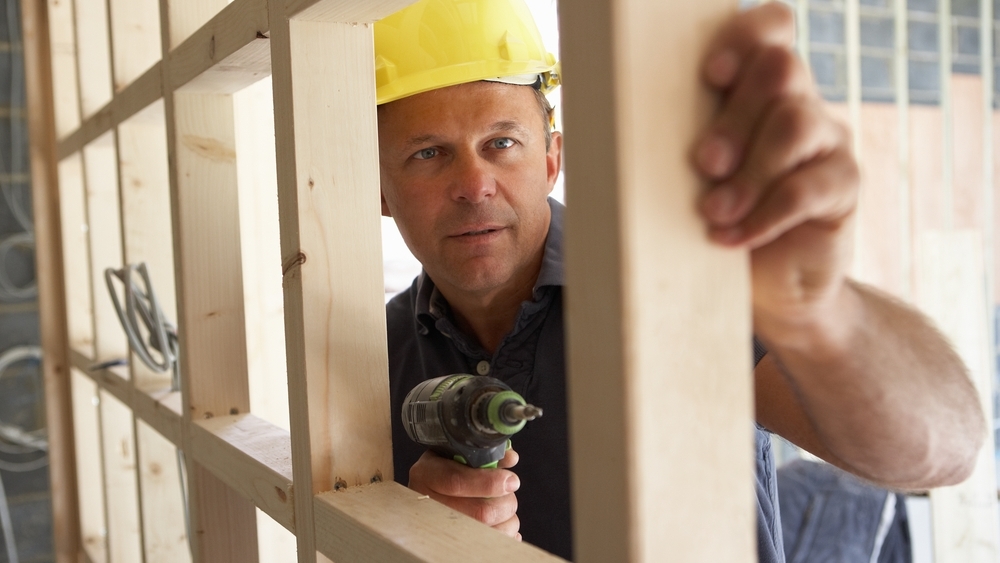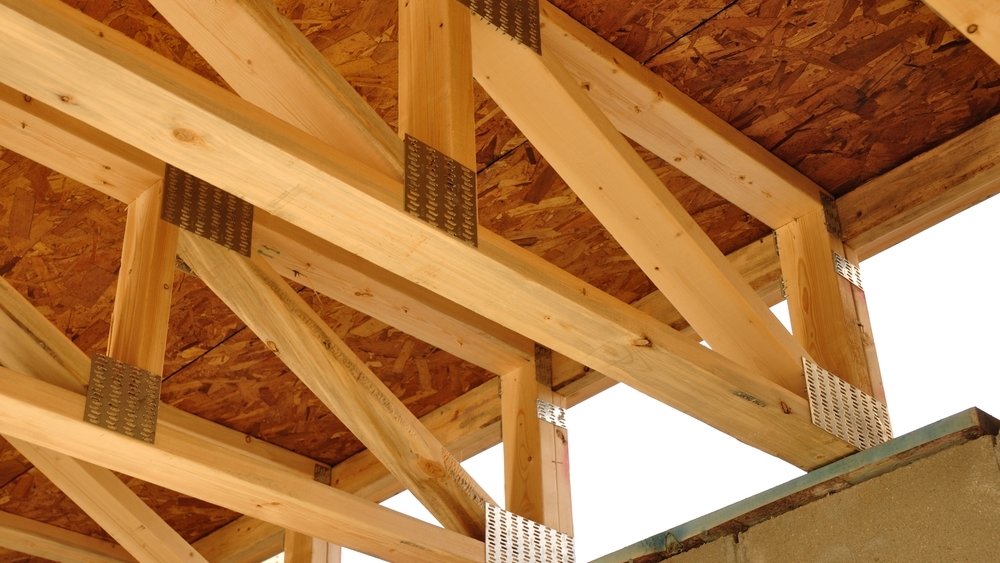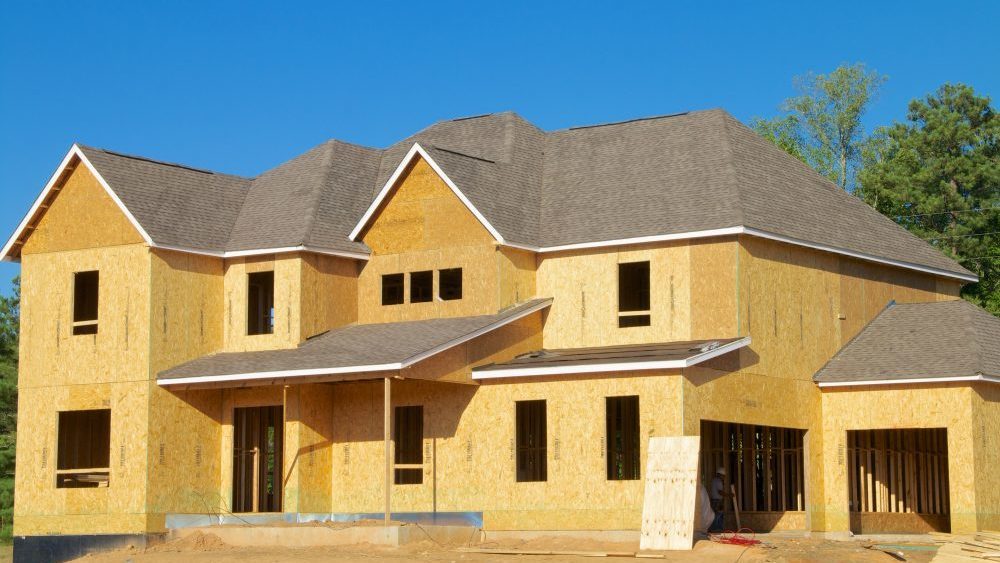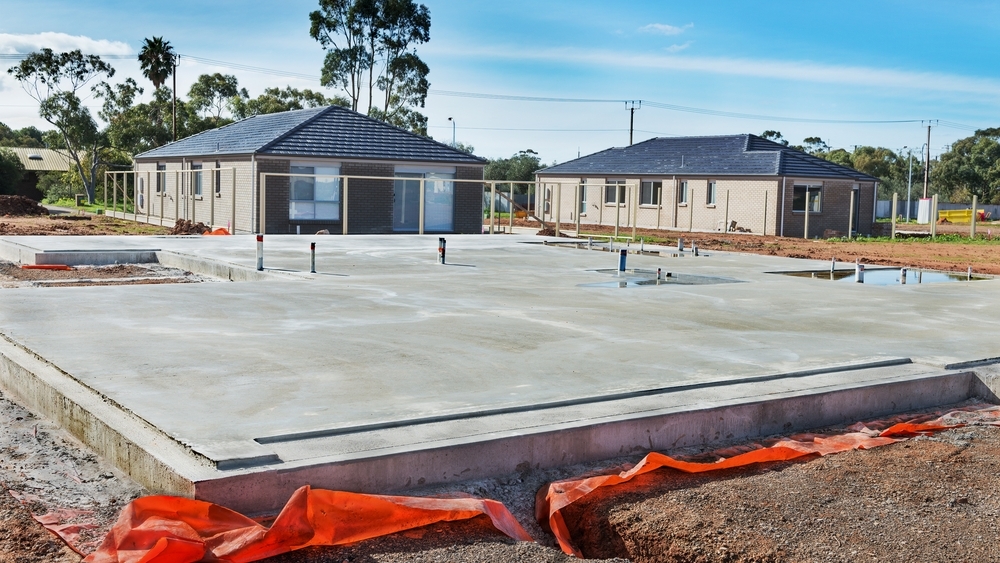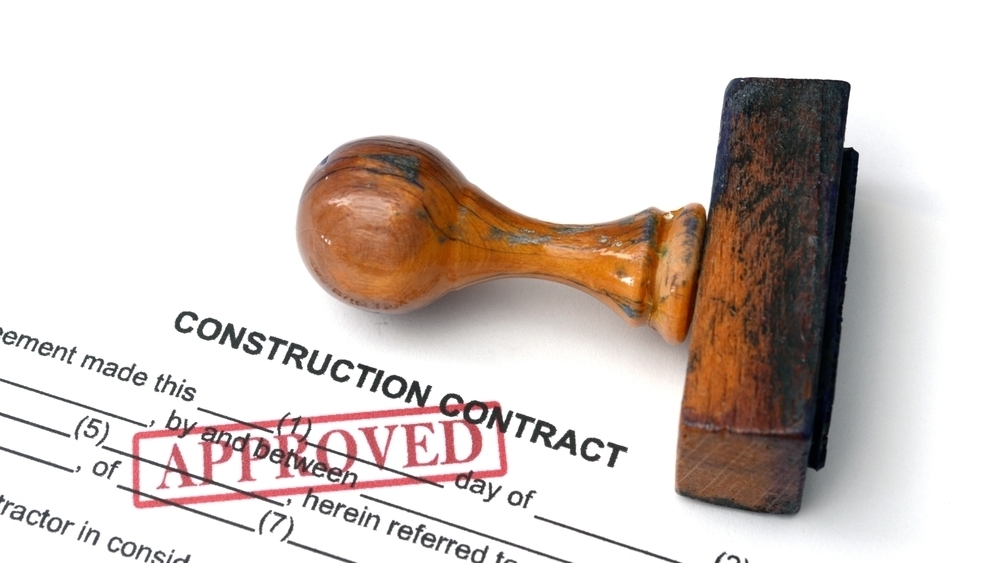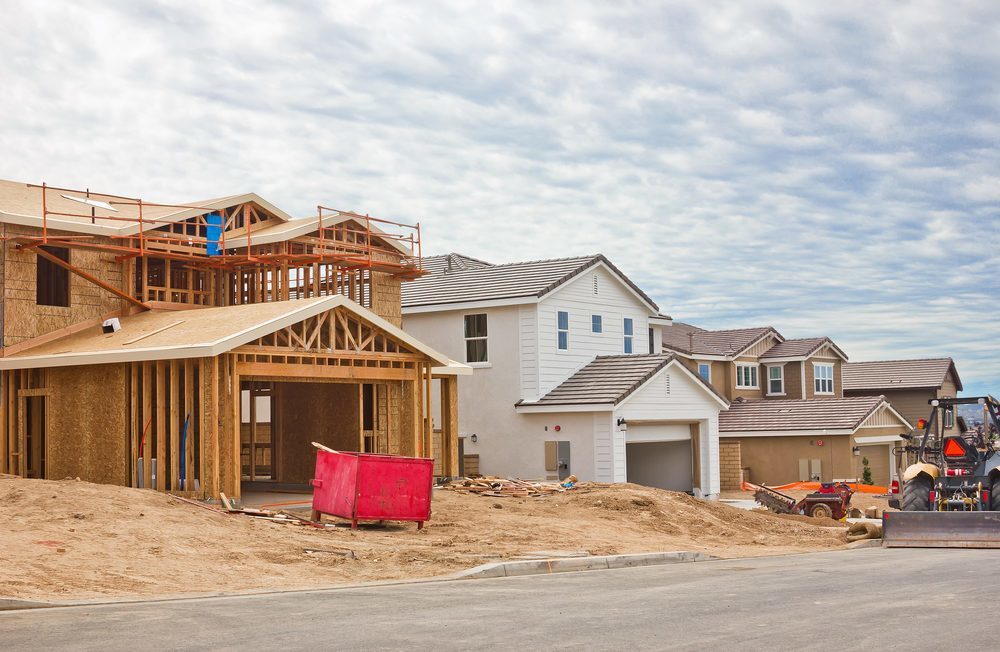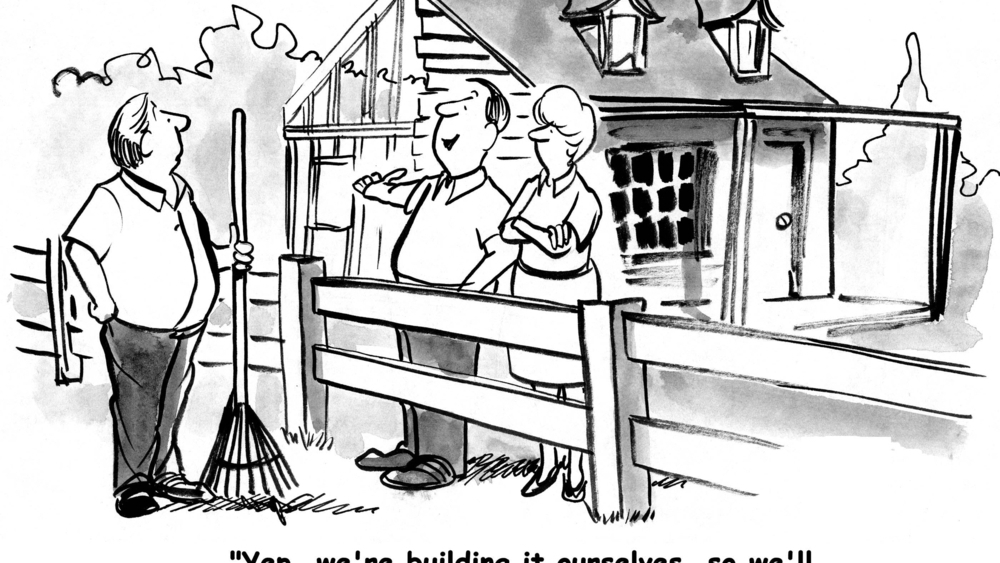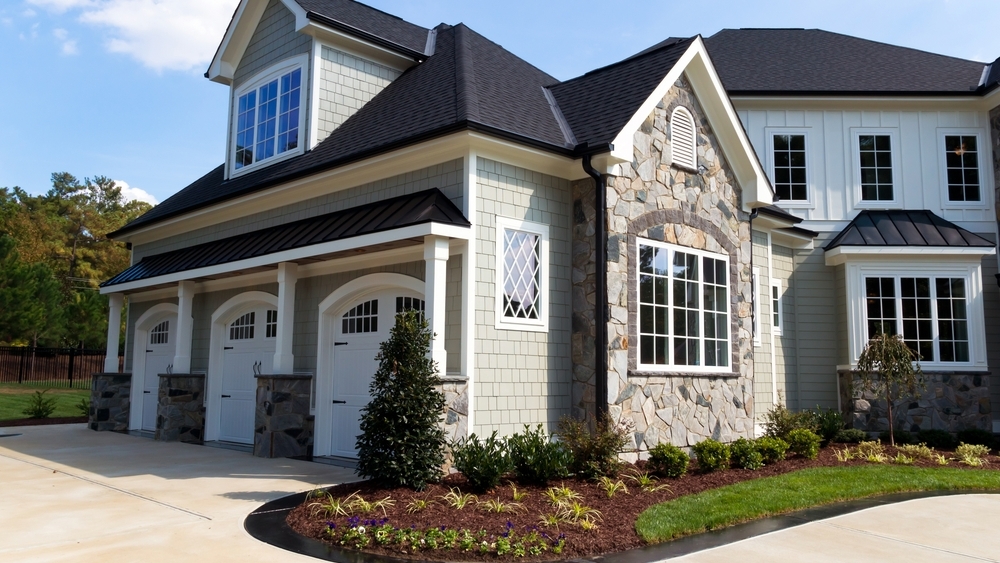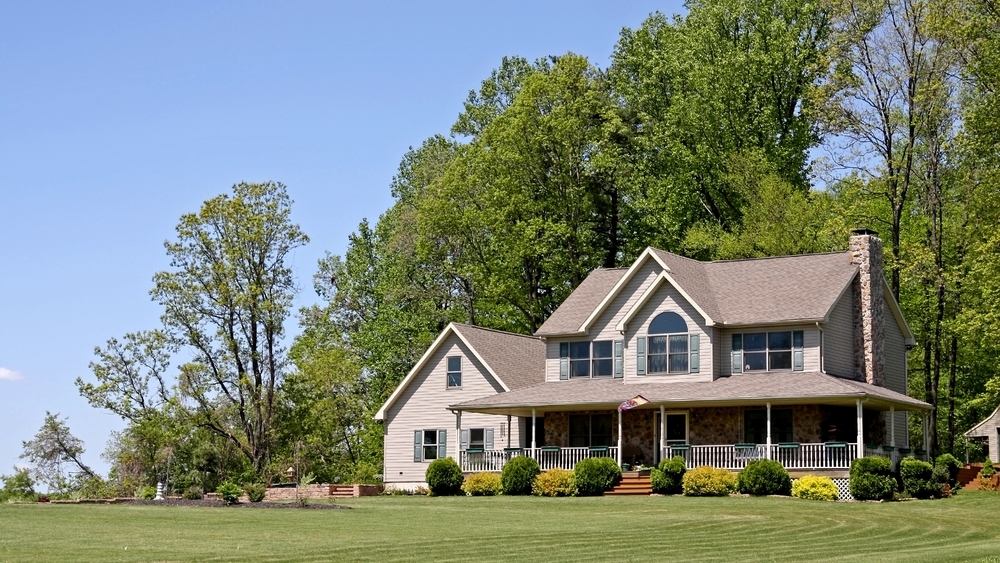
Category: Building a Home
‘Maintenance-Free’ is Magic to Homeowners’ Ears
One of the big advantages to buying a newer home is the use of modern building materials that reduce — and in some cases, completely eliminate — the need for costly home repairs. Check out these advances in building materials and techniques, which are also a great choice for those
The Ups and Downs of Multiple Staircases
In large multi-story houses, more than one staircase may exist. Attic stairs are common and some houses may even have an outside staircase for renters or a back set of steps as an entry to upstairs playrooms. Let’s go exploring up one staircase and down another. A showcase. The main
Step-By Step-Details to Beautiful Staircase Design
Elegant, sweeping stairs are one of the central contributors to a home’s beauty. Here are the latest trends in stairs, which just might sweep you off your feet. Anatomy of a staircase. If you are updating a staircase or in the process of a building a new one, it’s helpful
Is a Tiny House Right for You?
The “Tiny House” movement is certainly getting a lot of publicity these days, and let’s face it, those cute-as-a-button homes offering the prospect of no mortgage and a smaller environmental impact are pretty tempting. But are you ready to live in 500 square feet — or less? Letting go. Living
Most Dream Homes Start with an Architect’s Sketch
One of the best ways to ensure that you get your dream home is to work with an architect. Hiring an architect is a significant investment, but if you understand the process and follow a few simple tips, you can get the most out of this important partnership. Finding an
What is a Certificate of Occupancy?
A certificate of occupancy, or CO as it’s oftentimes called, is an essential document that no property owner should be without. The certificate describes the type of property and its intended use. It specifies the property as residential, commercial, business or multi-dwelling. In addition, the CO confirms that the building
The ABCs of Wall Construction
Many structural components make up a house, but three are arguably the most important: the foundation, the walls and the roof. Everything else depends on those three. Walls stand on the foundation and support the roof. Here’s what you need to know to be an informed homeowner. Materials. Wall frames
The Inside Story on What Lies Beneath Your Carpet and Hardwoods
One of the major infrastructure components of your house is the floor, which encompasses much more than just the carpet, tile or hardwood upon which you tread. Those are just cosmetics. Let’s take a look at what’s really beneath your feet. The concrete slab. Concrete slabs are prevalent in parts
Which Direction Should Your New Home Face?
When building a new home, don’t forget to put serious thought into how the house will be positioned on the lot or acreage. It might seem like a technical detail but the position of the house can have a big affect on day-to-day living. Let’s look at the crucial elements
What Type of Foundation is Best for Your New Home?
The foundation of your home is arguably its most important structural component, since every part of the home depends on it remaining firm and level. Different foundations are available and each is made for certain types of soil and other environmental conditions. Let’s look at the four categories of foundations
Construction Loans: The Difference is In the Closing
When planning to build a custom home, buyers have their choice of two types of construction loans. The traditional type involves two closings, one for the construction phase and one for the permanent mortgage. The newer, more popular version is the so-called one-time close, also called a construction-to-permanent loan. Here’s
Is It Ever Smart to Build the Biggest or Smallest House in the Neighborhood?
When you are thinking about building a new house you may face a dilemma: Should I build the biggest home in the subdivision? Or, what about the smallest? Once you’ve decided how much space you need and can afford, if the house you are considering would be the smallest or
Choosing a Lot: It’s All About Location
One of the first choices homeowners face when building from the ground up is choosing the location of their new house. How exactly do you go about picking a lot on which to build? Let’s examine the process of lot selection, whether you’re building a custom home or a tract
Becoming Your Own General Contractor
Being your own general contractor is a pretty tall order, even for small projects, so before jumping in feet first, let’s look at what it involves and decide if you think you’re up to the task. What’s your experience? The first thing to consider is how much experience you have
Home Exteriors: Consider Beauty and Durability
Brick, stone, stucco, vinyl — the choices can be overwhelming when building a home from the ground up. What type of look are you trying to achieve? And does that aesthetic appeal meet your budget and hold up to the weather conditions in your neck of the woods? Here are
Weighing Your Options: Tract Builder Versus Custom Builder
When building a new home, you must first decide if you want to hire a custom builder or a tract home builder. There are a lot of variables to consider, so let’s dig in. Tract builder. The tract home builder, also known as a production builder, is often a regional
City Limits: What It Takes to Build In the Country
While the majority of homeowners in America live in subdivisions, some prospective homeowners dream of wide open spaces and a quiet natural setting. So what does it take to build in a rural area as compared to a subdivision? Here are some key differences. Buying the land. In many small
Become a Houseopedia Insider
Receive weekly inspiration, tips, and advice all about the home!

